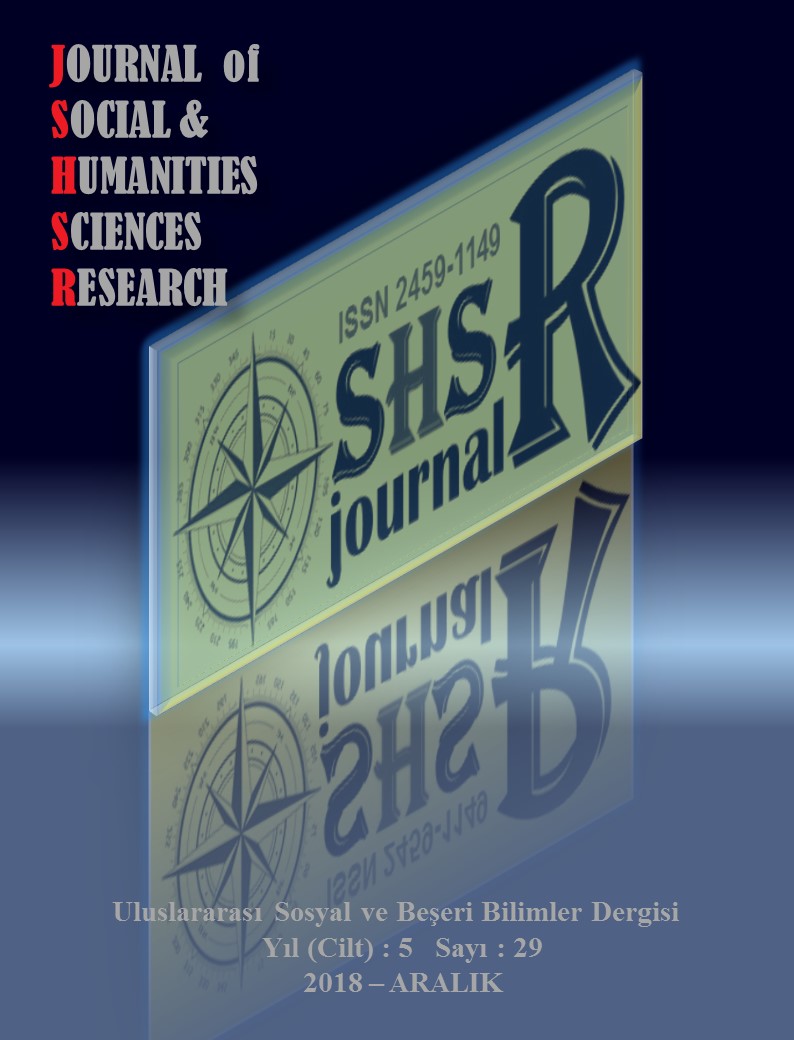INVESTIGATION OF THE STUDENTS RELATIONS BETWEEN MORAL LEVELS AND SPORTS ATTITUDES IN UNIVERSITY OF SPORTS SCIENCE
DOI:
https://doi.org/10.26450/jshsr.828Keywords:
Moral, sport, attitude, universityAbstract
The aim of this study is to investigate the relationship between the levels of moral development and sports attitudes of university students studying in sports science. The population of the study was formed by Duzce University, Faculty of Sport Sciences. The sample was composed of 301 sports sciences students who participated in the study voluntarily. In order to determine some demographic characteristics of the participants, personal information form consisting of 5 questions was used which was developed by taking the expert opinion of the researchers. In order to determine their attitudes towards sports, reliability and validity studies were conducted by Sentürk (2015). In order to determine the moral maturity levels of the participants, “Moral Maturity Scale” which was developed by Sengün (2008) and consisting of 66 questions was used. The data obtained from these scales were analyzed by using SPSS 17 package program. Frequency and percentage values were used for data analysis. Data were analyzed by Kolmogorov-Smirnova normality test and the data were not normal distribution. For this reason, Mann-Whitney U Test and Kruskal-Wallis tests were used in the analysis of the research data. Significance level was determined as 0.05. Moral maturity levels and sports attitudes of the participants do not differ according to gender, department and branch variables; It shows a significant difference according to the class variable. As a result, it can be said that as the level of moral maturity increases, sports attitude increases, that is, it has a positive effect
Downloads
Published
How to Cite
Issue
Section
License
Copyright (c) 2018 INTERNATIONAL JOURNAL OF SOCIAL HUMANITIES SCIENCES RESEARCH

This work is licensed under a Creative Commons Attribution 4.0 International License.


